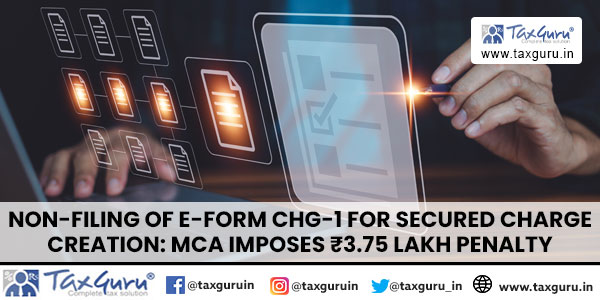Foreign Direct Investment (FDI) means investment through capital instruments (equity shares, debentures, preference shares and share warrants) by a person resident outside India in an unlisted Indian company or in 10% or more of the post issue paid-up capital on a fully diluted basis of a listed Indian company.
FDI under various sectors is permitted either by an Automatic route or Government route. Under Automatic route, the non-resident or Indian company does not require any approval from Government of India. Whereas, under the Government route the approval from the Government is required prior to investment. Proposals are considered by the respective Administrative Ministry / Department for FDI under Government route.
The most common way for FDI in India remains investment through the issue and transfer of equity shares of Indian company to foreign investor. The challenge faced by investor/investee is to reporting of such transaction with RBI as per guidelines provided by Foreign Exchange management Act (FEMA).
In 2018, RBI introduced an online reporting platform, FIRMS (Foreign Investment Reporting and Management System), for reporting of foreign investment in India in Single Master Form. FEMA 20(R) prescribes for the reporting of foreign investment in India through various returns i.e. 9 separate forms that have been subsumed in one Single Master Form (SMF), FIRMS provide 24*7 online reporting facilities for the applicant.
The Registration in the FIRMS is done in 2 Phases:
1. Entity User (EU): An Entity User is a person authorized by the entity (company/ LLP/start-up) in which investment has been made by foreign investor to register as entity in the Entity Master of FIRMS application. The EU would be the sole person authorized to add/update the foreign investment details of an Entity in the Entity Master and would be entirely responsible for the data entered. One entity can have only one EU.
2. Business User (BU): The applicant reporting the transaction in Single Master Form at FIRMS. A BU can use his login credentials for only the entity that has authorized him to report the transactions. If the person wants to act as a BU for another entity, he must register himself separately. Such BU can be person represented by Indian company in case issue of shares by it or any individual to report the transfer of share held by him in Indian company to foreign Investor.
Let us now have a look on 2 most common reporting made to RBI in detail:
1. Form FC –GPR: The foreign inward remittance in relation to issue of share capital to foreign investor is reported in this form. The form specify the various mode of payment for consideration received from investor for e.g. Inward remittance through banking channel, NRE / FCNR, Escrow A/c, Swap, etc. The banking channels are generally used for such transactions.
The following documents are required to be attached while filing the form:
- Foreign Inward Remittance Certificate
- KYC of foreign investor
- Company Secretary Certificate
- Declaration by the authorised representative of the Indian company as per FEMA.
- Valuation certificate from SEBI registered Merchant Banker / Chartered Accountant / cost accountant or any other person as authorized under FEMA 20(R)
- Other document as applicable on case to case basis.
It is to be noted that valuation certificate is not required in case of subscription of MOA and right issue by the Indian company.
2. Form FC –TRS: The foreign remittance in relation to transfer of shares held in Indian company to/by foreign investor is reported in this form. As per the FDI policy, reporting of transfer of shares between Residents and Non-residents and vice- versa is to be made. The reporting in Form should be made within 60 days from the date of receipt / date of payment of the amount of consideration.
The following documents are required to be attached while filing the form:
For Transfer by way of Gift:
- Relevant regulatory approvals, wherever applicable
- Consent letter between donator and receiver for the transfer
- Non-resident declaration in prescribed format
For transfer by way of sale:
- Relevant extracts of the transfer agreement
- Consent letter between buyer and seller or in case of sale/ purchase on stock exchange, the contract note should be attached.
- Valuation certificate as discussed above
- Non-resident declaration as per the prescribed format
- In case of sale by a non-resident, acknowledgement of FC-GPR/ FC-TRS as applicable for the capital instruments being sold
- FIRC /Outward remittance certificate and KYC.




























Can an Inward remittance received towards Advance against Export Order be converted to Equity Capital at later date? If yes please give the ref. of RBI Guidelines.
Can you pls provide any legal back up where the valuation certificate can be provided by a Cost accountant.
Pls ,this is a urgent matter.Your response would be a big help
After FDI is declared with RBI , should it also be included in IT returns filed in India along with other investments/ income of NRI ?
Could you please provide the Fema regulation no. for Valuation certificate is not required in case of right issue (for filing Form FC GPR).